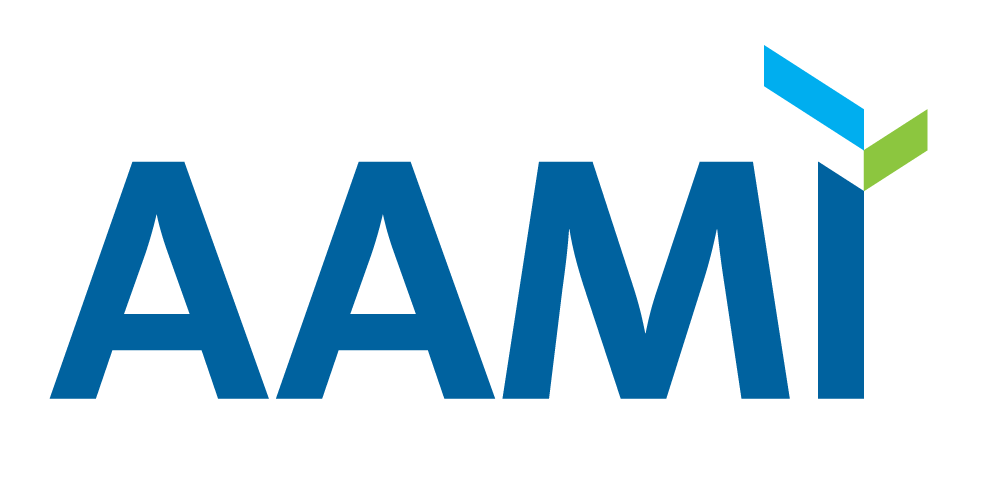2 Due process
2.1 Due process in the development of standards
Due process means that any person (organization, company, government agency, individual, etc.) with a direct and material interest has a right to participate by expressing a position and its basis, having that position considered, and having the right to appeal. Due process allows for equity and fair play.
AAMI standards are developed by consensus, in accordance with policies and procedures designed to ensure due process. AAMI shall abide by all applicable requirements for due process provided in the ANSI Essential Requirements: Due process requirements for American National Standards
.2
2.2 Consensus
Consensus means substantial agreement has been reached by directly and materially interested parties. This signifies the concurrence of more than a simple majority, but not necessarily unanimity. Consensus requires that all views and objections be considered, and that an effort be made toward their resolution. Consensus is achieved when individuals and organizations having a direct and material interest in a standard achieve substantial agreement according to the judgment of the AAMI Standards Board. Consensus does not require that all objections be withdrawn.
Establishing a consensus on a standard or TIRs entails the following:
- substantial agreement by ballot among the members of the responsible consensus body;
- appropriate public review (for American National Standards);
- resolution of comments; and
- concurrence that consensus has been achieved in the judgment of the AAMI Standards Board.
2.3 Openness
Participation shall be open to all parties who are directly and materially interested in the activity in question. There shall be no undue financial barriers to participation. Voting membership on the consensus body shall not be conditional upon membership in any organization, nor unreasonably restricted on the basis of technical qualifications or other such requirements.
2.4 Lack of dominance
The standards development process shall not be dominated by any single interest category, individual, or organization. Dominance means a position or exercise of dominant authority,
2Hererafter “ANSI Essential Requirements”.
leadership, or influence by reason of superior leverage, strength, or representation to the exclusion of fair and equitable consideration of other viewpoints.
2.5 Balance
The standards development process should have a balance of interests. Participants from diverse interest categories shall be sought with the objective of achieving balance. If a consensus body lacks balance, outreach to achieve balance shall be undertaken.
2.6 Coordination and harmonization
Good faith efforts shall be made to resolve potential conflicts between AAMI standards and existing standards promulgated by other standards developers.
2.7 Notification of standards development
Timely and adequate notice of AAMI standards and TIRs development activities shall be announced. The notices shall be in the media suitable to demonstrate that a meaningful opportunity for participation, debate and deliberation is provided. Opportunity shall be open to all directly and materially interested parties in a fair and equitable manner.
2.8 Consideration of views and objections
Prompt consideration shall be given to the written views and objections of all participants, including those commenting during public review.
2.9 Consensus vote
Evidence of consensus in accordance with these requirements and, where appropriate, the ANSI Essential Requirements, shall be documented.
2.10 Written procedures
These Policies and Procedures shall be available upon request to any interested party.
